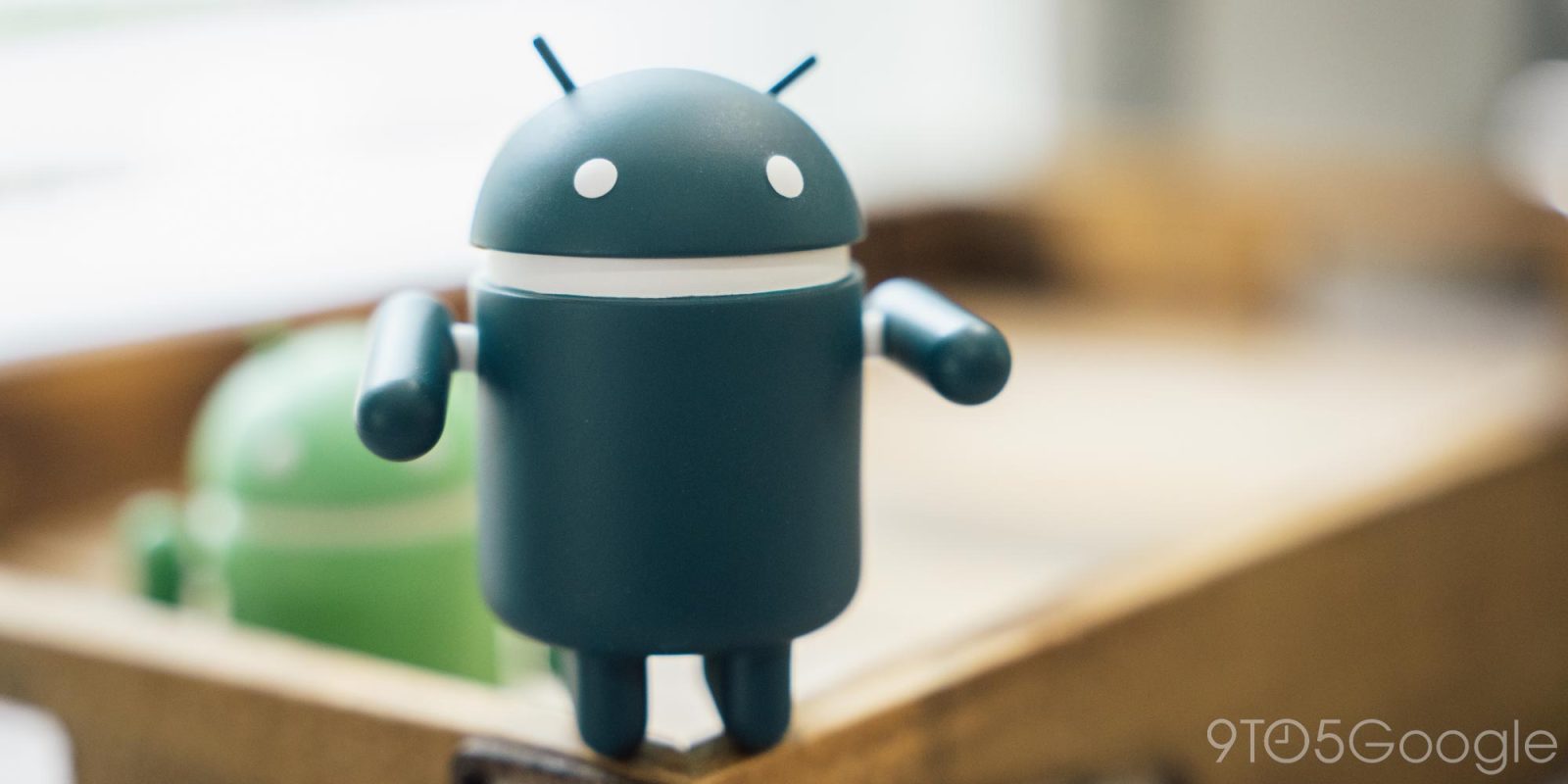
Google has confirmed that its Android Earthquake Alerts system experienced issues in the wake of the 2023 earthquake that rocked Turkey and nearby regions.
Google’s Android Earthquake Alerts system leverages the sensors in Android phones to detect the early signs of an earthquake, providing alert to users when major quakes are coming before their effects are felt. While the system can usually only provide a few seconds of warning, that can be incredibly valuable in major quakes.
In early 2023, though, the system seemingly didn’t kick in during the major quake that rocked Turkey. It was reported in the months following the quake that users never saw these alerts, despite the region being comprised of nearly 80% Android users. Google, at the time, said that it was “confident” the system had worked correctly. That 7.8 magnitude quake led to the deaths of tens of thousands of people, largely due to collapsing buildings.
Now, Google is confirming that its Android Earthquake Alerts system failed to properly alert users of the Turkey quake.
Speaking to the BBC, Google says that its system partially failed. Earthquake alerts have two different forms. For quakes with lower impact, a notification is sent alongside other warnings. But for major quakes, the system sends a fullscreen notification with audible alerts and overrides user settings such as Do Not Disturb. In the Turkey earthquake, Android’s system sent lower-level “BeAware” warnings to around half a million users, and the full “TakeAction” alerts to a mere 469 people. The report estimates that the system could have sent alerts to “10 million people within 98 miles of the epicenter” of the earthquake.
What went wrong? Google apparently cites “limitations to the detection algorithms,” with the company also confirming that the system did work properly on later aftershocks. Later the same day, the system sent “8,158” high level alerts to users, with “just under four million” users. In a later simulation of the initial quake, the system would have sent high-level alerts to 10 million users, and 67 million lower level alerts to those further from the epicenter.
Google recently published a deeper study regarding the Android Earthquake Alerts system, noting the “challenge of estimating an earthquake’s power.” That study, along with a further paper published to Science, doesn’t address the failure in Turkey.
In the study, though, Google says that it continues to learn from user feedback as the system continues to function, with some “key takeaways” including:
- People appreciate the warning, even if they don’t feel shaking. A surprising 79% of people who received an alert but didn’t feel the earthquake still found the alert to be very helpful. This tells us that people value being informed about potential hazards in their area.
- The right alert matters. A much higher percentage of people who received a TakeAction alert reported feeling strong shaking compared to those who got a BeAware alert. This shows that our system is doing a good job of distinguishing between light and potentially damaging shaking.
- People are taking action. For those who received a TakeAction alert, the most common response was to “Drop, Cover, and Hold On.” This is a fantastic result and shows that these alerts are prompting people to take the correct, life-saving actions.
More on Android:
Follow Ben: Twitter/X, Threads, Bluesky, and Instagram
FTC: We use income earning auto affiliate links. More.



